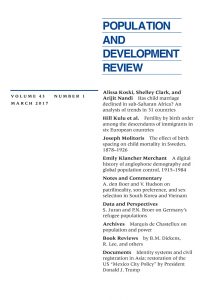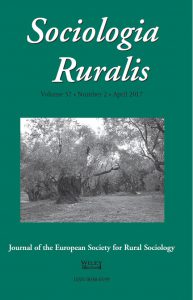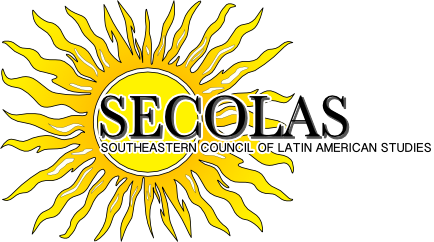Imaginary Worlds
by ChristinaBlunt
 In an effort to reinvigorate the Fatah movement, Palestinian Authority president Mahmoud Abbas launched the party’s first congress in 20 years. In what was described as a lively two-hour speech, Abbas maintained the right of the Palestinian people to resist occupation and praised non-violent opposition. He proclaimed the need to find, “a new organization, a new party, and a new political language.” Notably, Israel permitted delegates from throughout the Arab world to attend the Congress, including Lebanon and Syria. Israeli news sources are reporting a possible peace plan to be presented by the United States, which is based on the 2002 Saudi proposal. The proposal calls for normalized ties between Israel and more than 50 Arab States in exchange for an independent Palestinian state.
In an effort to reinvigorate the Fatah movement, Palestinian Authority president Mahmoud Abbas launched the party’s first congress in 20 years. In what was described as a lively two-hour speech, Abbas maintained the right of the Palestinian people to resist occupation and praised non-violent opposition. He proclaimed the need to find, “a new organization, a new party, and a new political language.” Notably, Israel permitted delegates from throughout the Arab world to attend the Congress, including Lebanon and Syria. Israeli news sources are reporting a possible peace plan to be presented by the United States, which is based on the 2002 Saudi proposal. The proposal calls for normalized ties between Israel and more than 50 Arab States in exchange for an independent Palestinian state.
Much of what happens in the Middle East is analyzed in the scope of the “Arab world” and the Israeli/Palestinian peace process is not different. As the Washington Post article notes, delegates from the Arab world were invited to attend the Congress and the future of peace in the region depends not upon an agreement between two nations but rather civility between 51 states. For political purposes the Arab states around the world are lumped into one imagined community. In his article, “Imagined Communities,” Alan Finlayson explains that a community is a set of people who draw on the same symbols when attempting to articulate their identity. While there is a tendency to believe that communities are natural or given, they are, in fact, a sharing of means of self-identification with a group. The most prevalent form of a modern imagined community is the nation. With the facilitation of communication through modern technology, there is a heightened ability to create imagined communities that transcend geographic boundaries. Because the imagined community is a unified collective, it can express rights and needs as a whole. Finlayson points out that it is then the role of political sociology to determine the form and function of the myths that sustain a nation.
The absence of true nationhood in the Arab world is a key factor in its political instability. It is called upon as a whole while Arabs do not belong to one ethnic, religious, or linguistic group. However, so long as the Arab world exists in the collective imagination and therefore has the ability to lobby for rights as such, it will be important for members of this imaginary community to remember that the sharing of symbols is not the same as the sharing of meaning; rather, a community is maintained through the constant making and remaking of meanings.
![]() Read the article at the Washington Post
Read the article at the Washington Post
![]() Read “Imagined Communities” by Alan Finlayson at Blackwell Reference Online
Read “Imagined Communities” by Alan Finlayson at Blackwell Reference Online


















What an interesting case of an imagined community. The perspective from within this community if often absent or minimal, but perhaps the community’s attention to such matters will force others to consider them too.
Thanks for a great post!
Keri